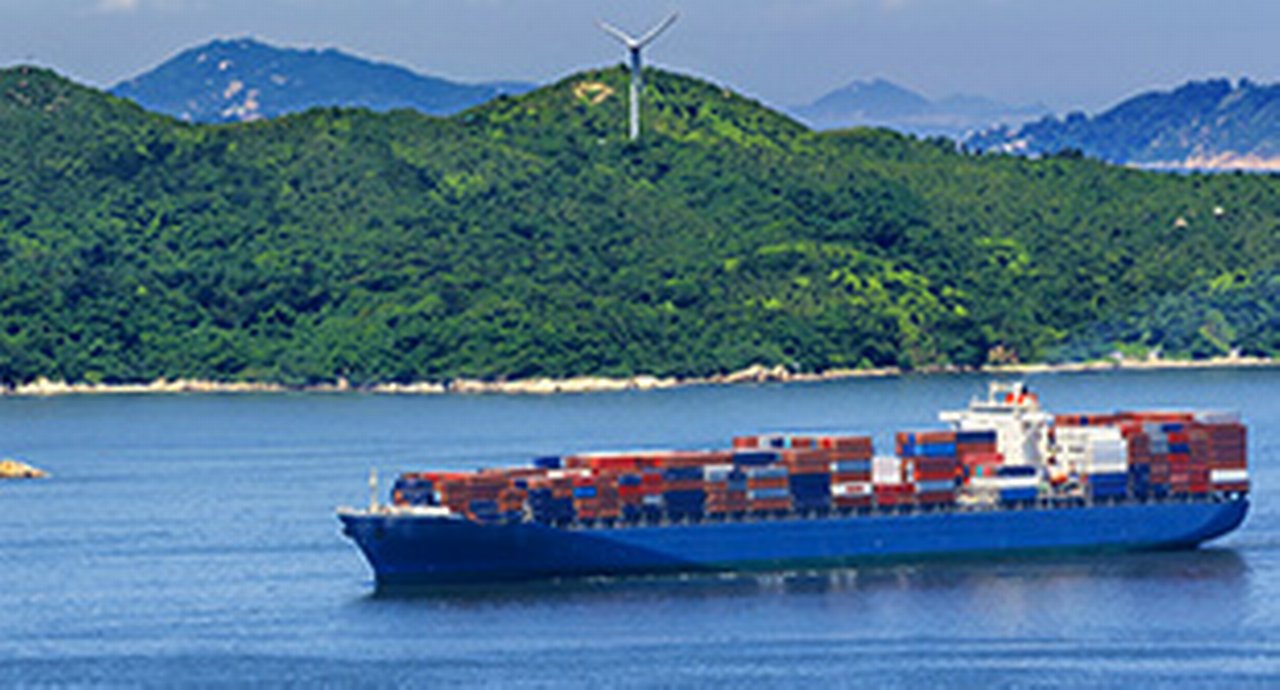19 August 2022
John W. H. Denton, Secretary General of the ICC explains why COP27 must deliver on climate finance and the vital role of the financial sector in achieving the Paris Agreement goals
MINUTES min read
The conflict in Ukraine has set in motion a multi-dimensional crisis – on food, energy and finance – impacting a global economy already battered by Covid-19 and the impact of climate change.
The latest Intergovernmental Panel on Climate Change (IPCC) reports underscore yet again that any further delay in urgent and concerted global action to limit global temperature increases to 1.5ºC means we will miss a brief and rapidly closing window to secure a sustainable future.
Therefore, getting the world on track for net zero emissions by 2050 and delivering on the Paris Agreement goals means countries must cooperate to mobilise increased levels of finance for investments in the low and net zero emissions economy. All forms of finance are required: public and private, domestic and international. While private finance is not a substitute for the increased public finance flows, it will be critical in scaling up and extending climate change mitigation and adaptation efforts, thus delivering the transition to a net-zero economy. Reports by the Climate Policy Initiative, the International Energy Agency and the IPCC show that clean energy investments must immediately increase between three and five times. In dollar terms, investment levels need to rise to US$4trn by 2030 – and an estimated 70% of that must come from the private sector.
The Glasgow promise
The issue of finance was a constant fissure throughout COP26 in Glasgow in 2021.Developing countries conveyed their profound disappointment that the promise made more than a decade ago by wealthy nations to mobilise US$100bn per year by 2020 remained unfulfilled. COP26 also produced some impressive pledges from both governments and business. Financial leaders managing US$130trn in capital committed to align their operations with meeting the Paris goals, and thousands of companies in the ICC’s own network committed to align their business models with net zero emissions by 2050.
We welcome the progress made in some key areas, but the deployment of private capital for climate finance remains limited – in particular for climate adaptation and natural climate solutions (such as reforestation, sustainable agriculture, ocean conservation and land restoration).
A roadmap for systems change
To shift markets at the speed and scale needed, governments must get the underlying economics and policies right. In the wake of the 2008 financial crisis, governments and regulatory bodies came together to address the failings of the financial system. A comparable decade-long action agenda is now required to enable the financial system to decisively align financial flows with our global sustainability imperatives.
Areas for policy change include: broadening central bank and regulatory mandates to include sustainability objectives; embedding sustainability in credit and regulatory risk calculations; exploring innovative financial vehicles, such as climate-and nature-linked debt swaps; expanding and harmonising sustainable finance taxonomies; empowering consumers to make sustainable investment decisions aligned with their values; and finally, promoting sustainable finance partnerships and accelerating the deployment of public-private investments.
Critically, developed countries must now deliver on their US$100bn per year promise to rebuild trust among countries, and implement the rules agreed in Glasgow – in particular, decisions on cooperative approaches and market-based instruments.
Moreover, governments will need to develop a transparent mechanism to record, track and report carbon credits transactions as a key tool to ensure environmental integrity, support market formation and build public confidence. Research by the International Emissions Association and the University of Maryland has shown that successfully implementing Article 6 of the Paris Agreement on international emissions trading could generate US$300m per year by 2030, and exceed US$1trn per year by 2050.
Role of trade
International trade and trade finance is widely seen as an engine for inclusive economic growth and poverty reduction, and now it has a pivotal role in achieving our common climate and sustainability objectives. Together with more than 200 banks and corporate sustainability leaders, the ICC is currently developing the first industry taxonomy to define what constitutes a sustainable trade finance transaction – filling a major gap in existing practice. Our objective is to present an initial framework in the second half of 2022. We see a remarkable opportunity to align the trade finance market – currently valued at US$5trn annually – with the Paris goals and sustainability objectives.
To deliver on these, we need the collective cooperation of the private sector and financial institutions with governments to mobilise much needed climate finance and to scale-up efforts to mitigate and adapt to climate change.
The ICC represents 45 million businesses across all sectors in more than 150 countries
COP27 will take place 7–18 November at Sharm El-Sheikh, Egypt
Note: Header image by Sergei Dubrovskii is an aerial view of solar panels near Sharm El Sheikh, Egypt

John W. H. Denton
Secretary General of the International Chamber of Commerce (ICC)
Trade finance solutions Explore more
Find out more about our Trade finance solutions
solutions
Stay up-to-date with
Sign-up flow newsbites
Choose your preferred banking topics and we will send you updated emails based on your selection
Sign-up Sign-upYou might be interested in
TRADE FINANCE, SUSTAINABLE FINANCE
Trade’s sustainability challenge Trade’s sustainability challenge
The majority of world trade is unsustainable, and where it is not, it is a symptom of under-development, says trade economist Rebecca Harding. She shares her methodology for a trade sustainability score and demonstrates why trade policy needs to change
TRADE FINANCE, MACRO AND MARKETS
Trade and inflation: the five basic issues Trade and inflation: the five basic issues
As the world grapples with cost of living and energy security crises, inflation continues its relentless rise. Dr Rebecca Harding considers five questions around the links between inflation and trade, finding the answers in trade flow data
Trade finance and lending {icon-book}
Merchants of peace Merchants of peace
Celebrating a century of keeping the peace through supporting international trade, International Chamber of Commerce has a new Finance for Development Hub for tackling modern impediments to financial inclusion and trade facilitation. David Meynell reports



